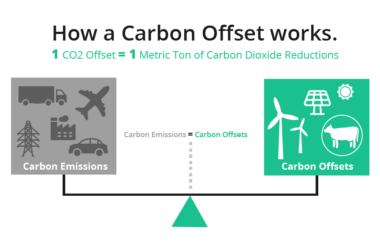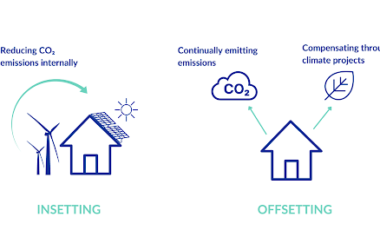Environmental Policies
Environmental policies are a set of rules, regulations, and guidelines designed to protect and preserve the natural environment. These policies are put in place by governments, international organizations, and other bodies to address environmental issues such as climate change, air and water pollution, biodiversity loss, and resource depletion.
Environmental policies can take many different forms, such as:
Environmental standards and regulations: Governments can establish standards and regulations to limit the amount of pollution that industries can produce, set energy efficiency requirements for appliances and buildings, and establish standards for fuel efficiency in vehicles.
Economic incentives: Governments can use economic incentives, such as taxes, subsidies, and carbon pricing, to encourage businesses and individuals to reduce their environmental impact.
Conservation policies: Governments can establish policies to protect and preserve natural habitats and ecosystems, such as designating protected areas, regulating fishing and hunting practices, and promoting sustainable forestry and agriculture.
International agreements: Countries can work together to establish international agreements, such as the Paris Agreement on climate change, to address global environmental issues and promote sustainable development.
Environmental policies are essential to address the urgent environmental challenges that the world is facing today. They help reduce pollution, conserve natural resources, and promote sustainable development. However, implementing effective environmental policies can be challenging, as it requires the cooperation of multiple stakeholders, including governments, businesses, and individuals. Successful environmental policies must be based on sound science, be responsive to changing circumstances, and take into account the needs and perspectives of all stakeholders.














